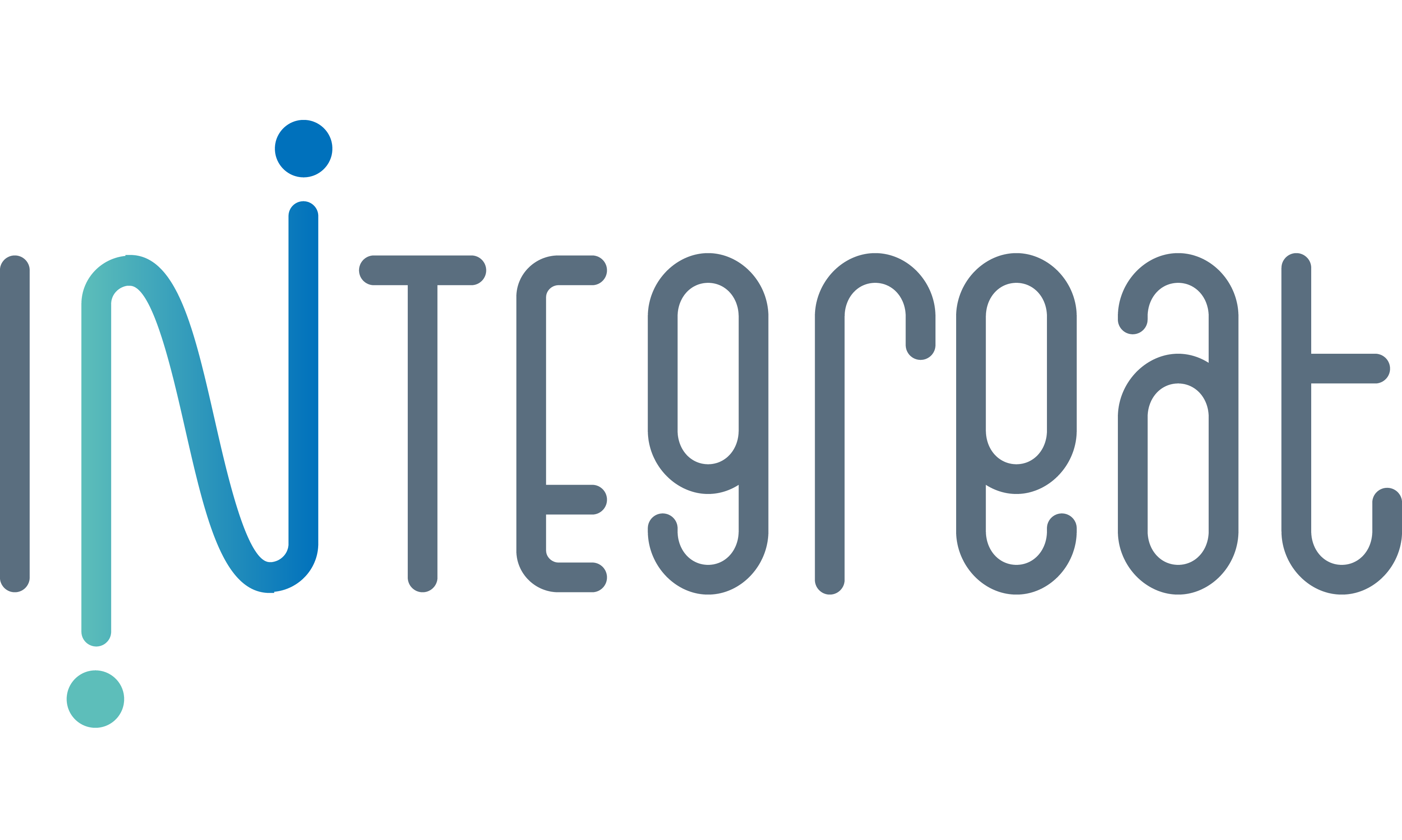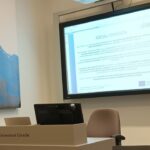Discussing integration difficulties, opportunities, and possible collaborations for migrants and refugees in Greece
Within the context of the INTEgreat project, Social Hackers Academy organised 3 Integration Working Groups to discuss different topics related to integrating migrants and refugees in Greece’s local context.
The meetings were organized with various stakeholders in the Greek landscape who work with migrants and refugees. Key topics of discussion included the pivotal role of education and learning in integrating refugees and migrants into Greek society, as well as the initiatives and strategies that participating organizations can implement to secure a better future for this target group. Additionally, presentations highlighted the challenges faced by refugees and migrants in Greece, particularly concerning the lack of a centralized government plan to support education and employment initiatives for these groups.
Participating Organizations
Representatives from SHA, the Greek Council for Refugees, the Solidarity Mission, and the Greek Forum for Migrants in Greece attended the meetings. These organizations possess significant experience working with the target group and are well-versed in the realities of the Greek context.
Meetings’ Focus
Discussions included presentations on the current landscape and the challenges organizations and the target group encounter in accessing education, employment, and livelihood opportunities in Greece. The cancellation of many central government initiatives in recent years has left Greece without a comprehensive plan to address the influx of refugees, exacerbating the difficulties faced by both organizations and migrants/refugees.
Participating organizations shared insights into their initiatives, their positive impact, and the setbacks and lessons learned from their experiences. One major obstacle discussed was the Greek government’s failure to recognize the studies and diplomas of refugees and migrants from non-EU countries, thereby restricting their access to high-level employment. Significant delays in obtaining visas and work permits also compound the challenges the target group faces.
Collaborative Efforts
The meetings allowed participants to discuss and plan collaborations, including preparing and submitting national and EU projects, offering educational opportunities through SHA courses, and inter-organizational projects aimed at resource and knowledge exchange to serve the target group better.
Impact
Despite the small number of participants, the meetings proved invaluable in fostering collaboration and knowledge exchange among stakeholders. In addition to facilitating resource and knowledge exchange, plans were made to submit an EU project to educate unaccompanied minors. Furthermore, SHA committed to offering scholarships to migrants and refugees, with support from the Greek Council for Refugees and the Greek Forum for Migrants.
Conclusion
This series of meetings, a mandatory component of the INTEgreat project, was both enlightening and inspiring. We gained crucial insights into the current landscape and had the opportunity to exchange ideas with key professionals in the field. Most importantly, we are now in a better position to make a meaningful difference to the lives of migrants and refugees in Greece.




